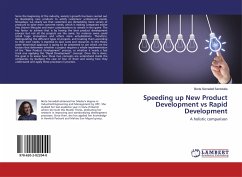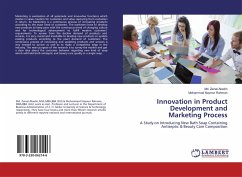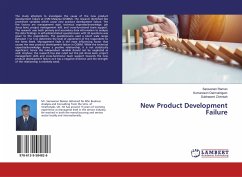Since the beginning of the industry, society's growth has been carried out by developing new products to satisfy customers' undeserved needs. Nowadays, we clearly see that customers are demanding more variety of products to solve more concrete needs, which is making companies evolve into shorter lifecycles and more customizations to remain in the game. The key factor to achieve that is by having the best product development process but not all the projects are the same; for instance some could entail huge innovations and others mere actualizations. Therefore, distinguishing the different types of projects, and treating them according to their own needs, is essential to save costs and resources. In this thesis, some theoretical approach is going to be presented to see which are the factors that determine whether a project requires a whole implementation of the "New Product Development" process, or whether it needs a fast track one applying the "Rapid Development" concept. Once this is done, the goal is to assess how these two concepts are understood inside the companies, by studying the case of four of them and seeing how they understand and apply these processes in practice.








